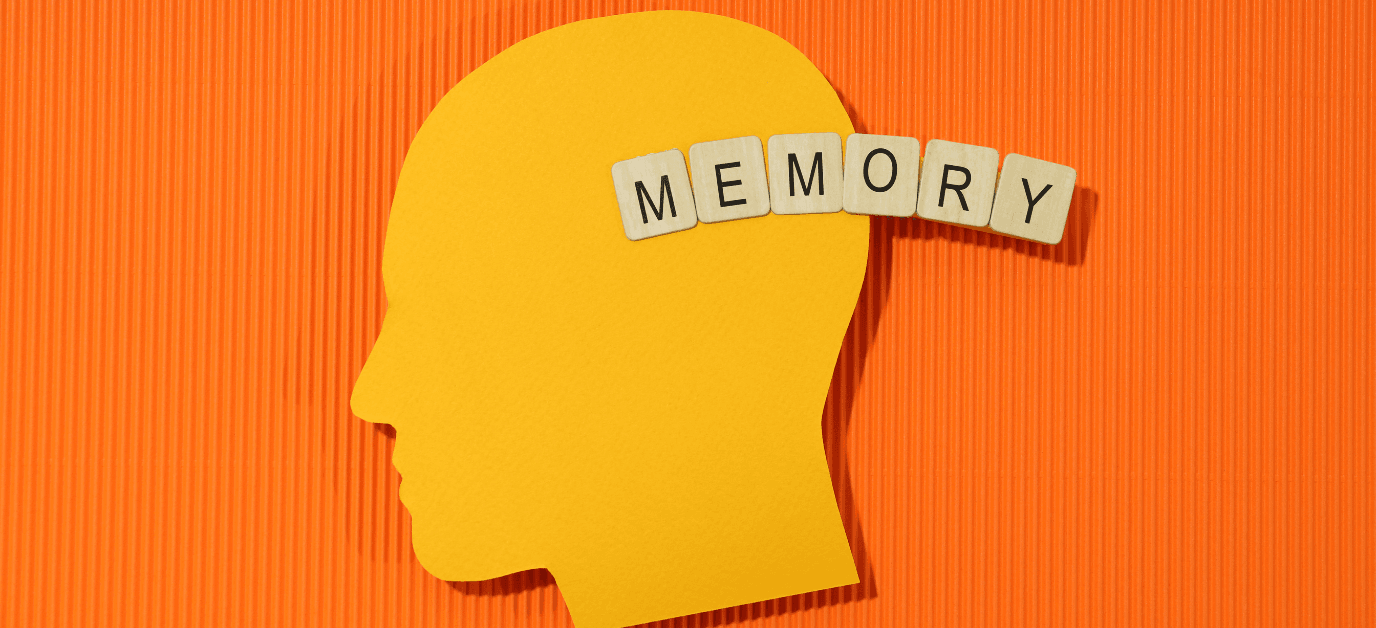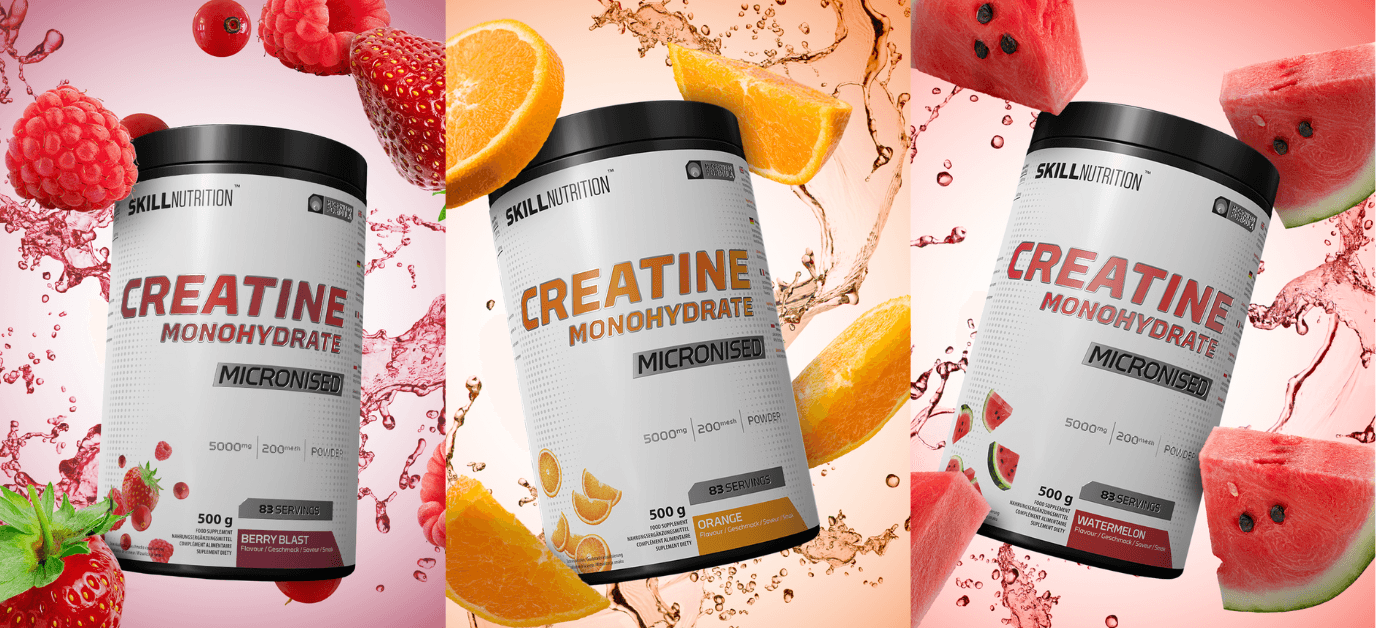

The Brain-Boosting Power of Creatine: Myth or Reality?
13.03.2025Recommended products
Creatine is a compound that was first discovered in 1832[1] in our body's muscles. It is made up of oxygen, carbon, hydrogen, and nitrogen. We store around 90% (~95%) of our body's creatine in our muscles as amino acids - glycine, arginine, and methionine. Despite having natural creatine, supplementation[2] - often in the form of creatine monohydrate - can increase our creatine levels in our bodies by 50+ times.
So, what does the research say?
Since it was discovered, research[3] has shown that creatine supplementation can help to produce more adenosine triphosphate (ATP) in our muscles. This provides more energy for muscle contraction, which leads to increased athletic performance. Several reviews and meta-analyses[4] of existing research suggest that supplementing creatine can improve muscle performance and aid muscle recovery[5] in both men and women. Studies[6] also support supplementation for brain health and function.
Creatine and the brain - energy
Our brains use over 20% of our body's energy levels, hence the availability of extra energy being beneficial. Studies[7] have revealed that creatine supplementation increases our brain's creatine stores. This may help to counteract mental tiredness[8].
Creatine and the brain - memory
Recent research[9] has also shown that supplementing creatine can significantly improve memory. This work suggests that short-term (5 days) and mid-term (24 weeks) creatine intake enhances memory performance - especially in older adults.

Creatine and the brain - intelligence and reasoning
In addition to improved memory, studies show that creatine supplementation can enhance our intelligence[10] levels and reasoning abilities. This is particularly the case for short-term memory of healthy adults. More research is still needed regarding long-term memory, spatial memory, and executive function.
Who is creatine most beneficial for?
Research[11] to date suggests that supplementing creatine for brain function benefits may be especially useful for older adults. This may also be the case for adults who follow a vegetarian/vegan diet. In addition, supplementation may be particularly beneficial to supplement creatine when we are psychologically stressed or sleep deprived. This is because our brains use more energy when under higher levels of metabolic stress.
Creatine and women
When considering the role of creatine in women, existing research suggests supplementation may be especially effective for females. This is because it supports the bioenergetic brain environment. Because our creatine stores are partly controlled by our hormones[12], hormonal[13] shifts in women's bodies may play a vital role in natural creatine availability.
What type of creatine?
The most studied and available form of creatine is creatine monohydrate. Nonetheless, there are other forms of creatine. These include[14] creatine hydrochloride, creatine ethyl ester, buffered creatine, and creatine magnesium chelate. Unless there are specific reasons for using other forms of creatine - for example, micronized creatine or creatine citrate, - it may be best to stick to the most researched and often most cost-effective - creatine monohydrate.

How much creatine?
The consensus for optimal dosing of creatine is five grams. Five grams is also typically recommended in studies focusing on the relationship between creatine and the brain. In terms of when to supplement creatine, research [15] suggests five grams, after exercise, and with food to maximize effects.
About the Author:
Verity Pratt is a Ph.D. candidate in Sport Psychology at York St John University. Her research investigates the link between perfectionism and orthorexia, an eating disorder characterized by an excessive focus on "healthy" eating. Verity is dedicated to raising awareness about the dangers of pursuing "perfect" diets and the potential for "healthful eating" to become detrimental.
Her research has been published in several academic journals, focusing on the impact of perfectionism on disordered eating in exercisers. Verity believes strongly in the importance of addressing these issues within the exercise industry and sports psychology.
Passionate about communicating her research to a wider audience, Verity has also contributed to publications like Psychology Today and The Conversation, sharing her expertise through insightful articles and blog posts.
References:
Antonio, J., Candow, D. G., Forbes, S. C., Gualano, B., Jagim, A. R., Kreider, R. B., Rawson, E. S., Smith-Ryan, A. E., VanDusseldorp, T. A., Willoughby, D. S., & Ziegenfuss, T. N. (2021). Common questions and misconceptions about creatine supplementation: what does the scientific evidence really show?. Journal of the International Society of Sports Nutrition, 18(1), 13. https://doi.org/10.1186/s12970-021-00412-w
Avgerinos, K. I., Spyrou, N., Bougioukas, K. I., & Kapogiannis, D. (2018). Effects of creatine supplementation on cognitive function of healthy individuals: A systematic review of randomized controlled trials. Experimental gerontology, 108, 166–173. https://doi.org/10.1016/j.exger.2018.04.013


